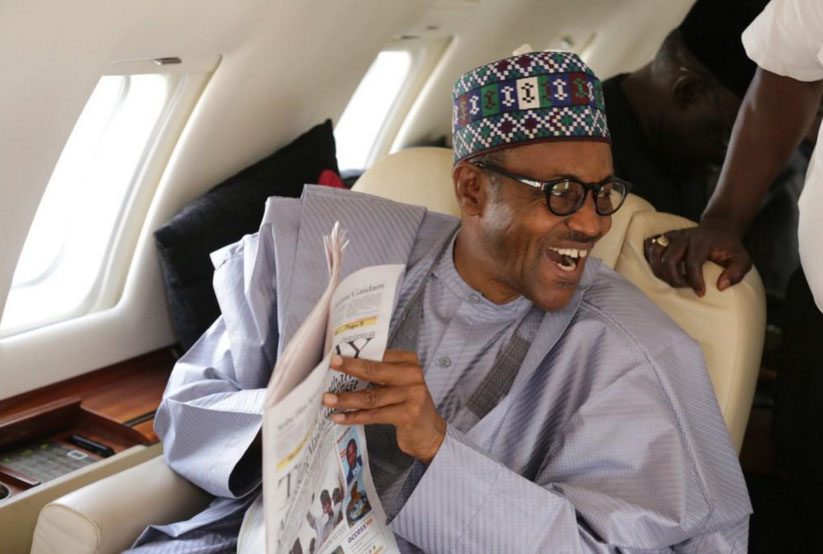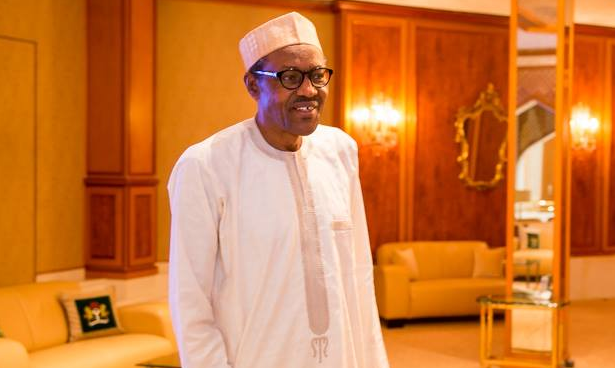Some months ago, President Muhammadu Buhari travelled to Saudi Arabia to convince the kingdom to cut production in order to stabilize the price of oil – this was one of his reasons for going to Saudi Arabia, as reported by his media aide. I’m surprised that he didn’t know that what he was asking the Saudis to do would soon be done by his country. Didn’t the President get some security reports, or intelligence briefings, before these Avenger guys started causing havoc?
Last week, the minister of State for Petroleum, Ibe Kachikwu, told the House of Representatives that the nation was losing 800,000 barrels of crude daily, due to the militancy in the Delta, apparently by the Niger Delta Avengers.
The low oil prices, as seen last February, were caused by an oversupply, of the commodity, in the market. Just as scarcity makes prices rise, oversupply makes prices drop. According to reports, disruptions in Nigeria and Canada have taken out over 3.5 million barrels from the market. This cut in supply has contributed, significantly, to the recent rise in the price of oil in the market.
Today, oil (Brent) is at $49.50 a barrel, a big difference from its 12-year low reached in February- average oil prices were below $27 in February. Financial institutions have reversed their predictions that oil could hit $20 a barrel. Sadly, all these good news are not for Nigeria. In fact, the more militants disrupt our production, the wealthier other oil producing countries would become. Nigeria’s oil production has hit a 22-year low.
Advertisement
It is quite painful that our country doesn’t enjoy the benefits accruing from the recent rally in the price of oil. Presently, there is some strong demand in India and China for oil. But, Nigeria, with a lot of reserves, is having a serious cash problem. Salaries are owed and inflation has hit the roof top. Unemployment and underemployment is nothing to write home about, either.
And there are also some other problems with this oil price rally. Analysts believe that if oil reaches $50, a lot of shale producers would have the kind of oxygen they need to survive – they might start pumping more liquids from the ground- because at this price, some hitherto unprofitable shale wells become profitable. If the shale producers gain substantial market shares, as a result of increased production, countries like Nigeria might lose some of its customers due to the uncertainty with our supplies. This could hamper future investments in the country.
The problem does not stop here. As the shale producers pump more liquids, an era of oversupply might set in again. This would cause prices to fall again. Note that Nigeria is not even enjoying the high prices now. We would be worst off with lower prices, if it happens again.
Advertisement
Since Nigeria has not convinced the world that it can handle the militants in the Delta, there could be a further rise in oil price. Also, fears over political tensions in Libya could also cause the kind of sentiments that could lead to higher prices, in the market. Recent comments by Phillips Hammond, British Foreign Minister, has shown that the world is not convinced we are on top of the militancy issues in the Delta.
Despite the fact that oil is about $10 dollars above our budgeted benchmark, we are still losing cash because we are producing 1.4 million barrels against our budgeted 2.2 million barrels mark. This shows we are not even meeting our projected revenue – this is a sign that our 2016 budget might not be as successful as expected. How? If you do the math, you will find out that Nigeria, including oil companies in the country, is losing about $16 million daily. We have not even started talking about the effect of this shortfall on the value of the Naira.
Another point to worry about is that shale wells can be turned on easily, compared to conventional wells. This means any price rise can easily be an advantage to shale producers. On the other hand, conventional wells, which Nigeria has, need more time to take advantage of any rise in price. The point here is that it will take more time to increase our daily production from 2.2 million barrels, assuming there were not disruptions, to 4 million barrels.
Oil is not the cleanest source of energy, and as the world increases investment in electric vehicles, as we see in Tesla and the subsidies in Germany, its demand is likely to fall in the coming years. Again, the point here is this: since we are not even enjoying the party, now that demand is still relatively high, won’t it be a tragedy for us when the prices fall again in the future because of fall in demand.
Advertisement
With prices as it is today, some Gulf States have started getting some relief, while waiting for prices to hit $60. It might, as disruptions continue in Nigeria. The Gulf States probably knew this, and thus, resisted any production cut. I’m sure this is even an opportunity for the region to pump more oil into the market.
On a final note, the NLC should note that as prices of crude oil rally in the international market, the N145 upper limit set by government for the price of PMS would likely go up. What am I trying to say? NLC should be engaging government on how it intends to protect the oil and gas infrastructure in the Delta and not really on deregulation, as it were. They should be asking government to expedite the coming on-stream of Dangote refinery.
Well, as we wait to see how the Nigerian State deals with the militants, I would like to see Jonathan and Buhari sitting down together and brainstorming.
Advertisement
Views expressed by contributors are strictly personal and not of TheCable.
Add a comment






